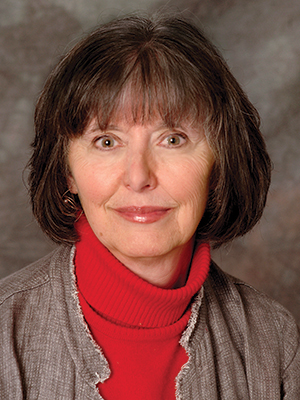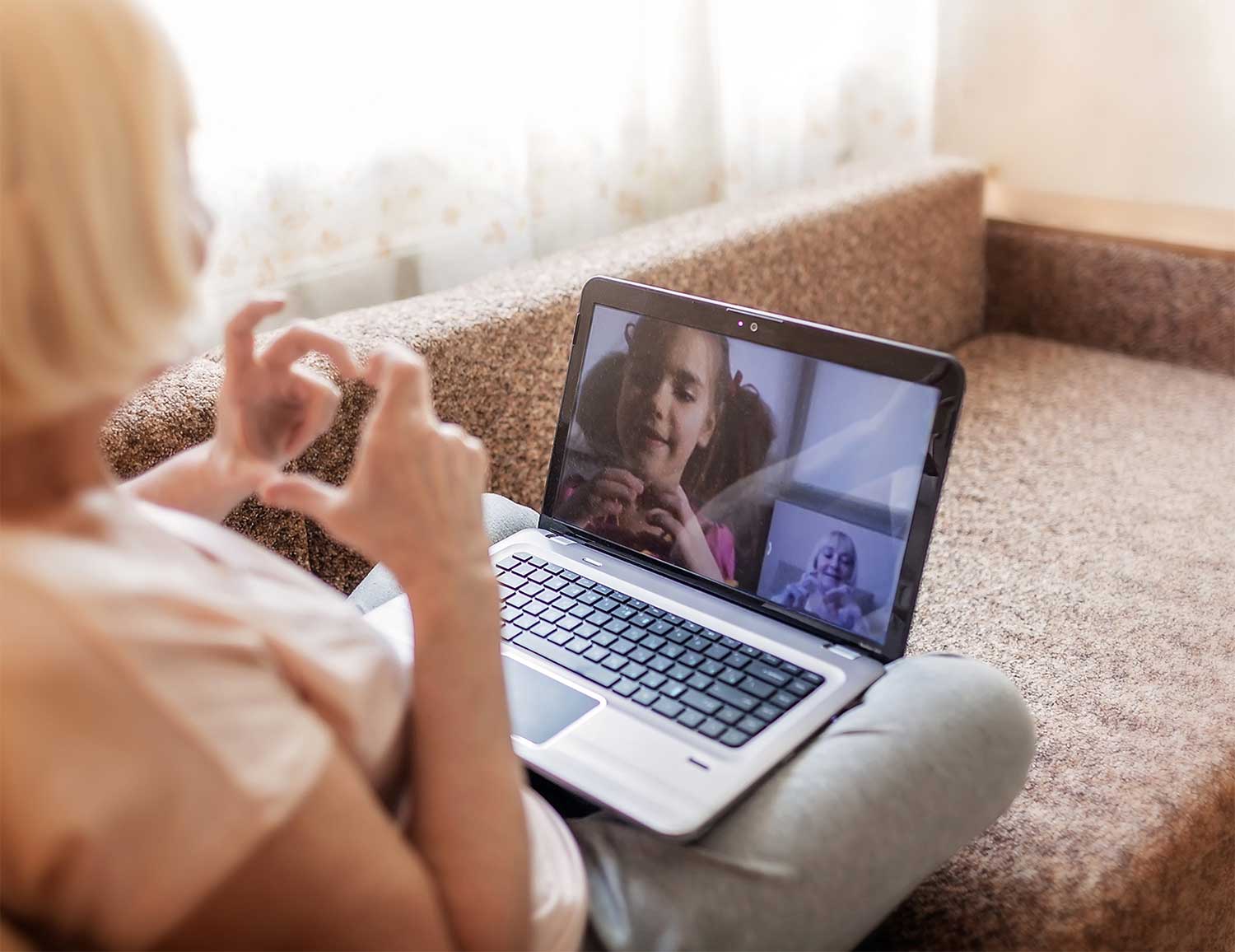
Hester Hill Schnipper
Photo courtesy of Beth Israel Deaconess Medical Center
WHEN WE ARE DIAGNOSED WITH CANCER, we learn how it feels to be vulnerable and isolated. In an instant, we find out how quickly almost everything can spiral out of our control.
During the coronavirus pandemic, we may feel even greater uncertainty and anxiety. Still, many of the patients I have worked with over the past few months have shown a certain type of resilience. In short, this is not our first rodeo.
Fears surrounding the pandemic have forced many cancer survivors to revisit coping strategies that they fine-tuned during their treatment. Here are some differences and similarities between making it through cancer and living through the pandemic.
1) Cancer and its treatment directly affect only you. No matter how much family members and friends love you, they can continue their usual lives. This time, we are all affected, whether or not we have COVID-19.
2) During cancer, our friends and family can support us. Now, with everyone affected by the pandemic, our loved ones may not be as available to us.
3) We usually follow a predictable schedule for cancer treatment. During this time of social distancing, all the days may feel the same. There is no date to circle on a calendar, at least right now, for when this will be over.
4) We expect to feel physically drained during cancer treatment. Spending the afternoon napping or bingeing on a TV series may be all we can manage. This time, we may feel well physically but still find it difficult to sustain motivation and energy levels. Choosing to do less may leave us feeling guilty.
5) We learn how to fill our quiet time as we undergo treatment. This ability to occupy and entertain ourselves should be able to help us now.
6) One of the best coping strategies for getting through chemotherapy is looking ahead and planning enjoyable adventures. During the pandemic, we may feel frustrated and depressed that we can t plan a trip or celebration. Fortunately, we have already learned to improvise.
7) As cancer survivors, we often worry about our health. For example, could the latest scan bring bad news? The pandemic brings new fears, particularly because many of us have compromised immune systems and are at increased risk of poor outcomes if we are infected with COVID-19. But we know how futile it can be to waste energy on worry or on trying to predict the future.
8) During cancer treatment, we learn to live day to day. Sometimes, we must live half day to half day or even hour to hour. These days, it seems we are relearning to take each day as it comes.
9) In making it through treatment, we rely on hope and on those whom we love. That remains.
Cancer Today magazine is free to cancer patients, survivors and caregivers who live in the U.S. Subscribe here to receive four issues per year.





